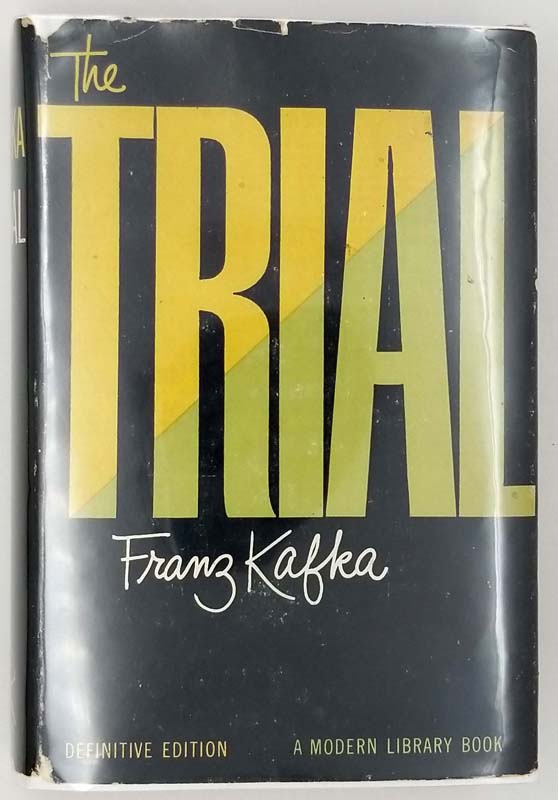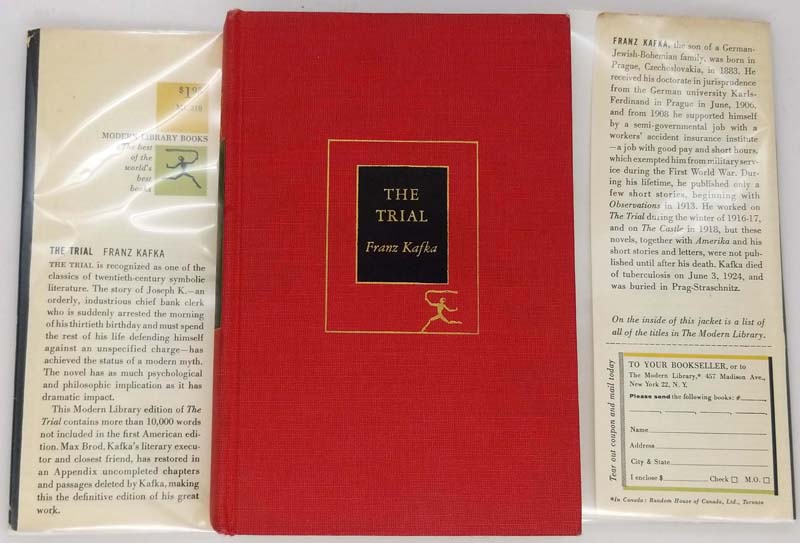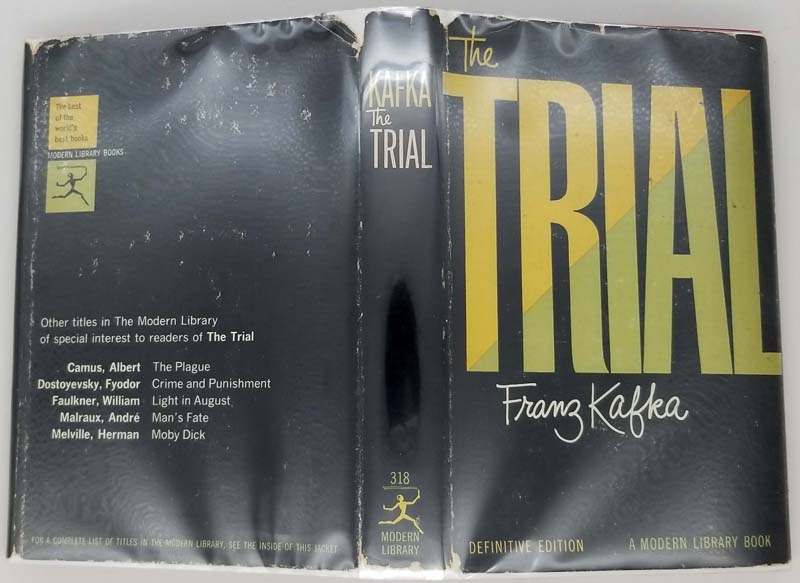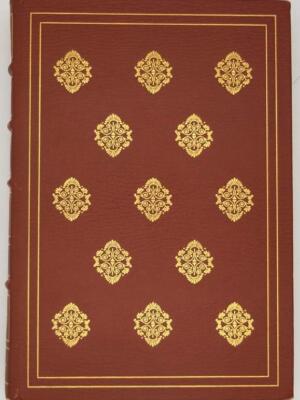The Trial (1925) by Franz Kafka is a harrowing and surreal exploration of bureaucracy, existential dread, and the absurdity of modern justice. The novel follows Josef K., a respectable bank officer who is abruptly arrested one morning by unidentified agents for an unspecified crime. Plunged into a nightmarish labyrinth of opaque legal proceedings, Josef K. navigates a world where courtrooms hide in tenement attics, lawyers offer cryptic non-advice, and the law itself is an inaccessible, ever-shifting abstraction.
Kafka’s stark, claustrophobic prose mirrors Josef K.’s escalating paranoia and powerlessness as he fruitlessly seeks clarity—only to confront a system designed to perpetuate guilt rather than reveal truth. The novel’s infamous ending, bleak and inevitable, underscores Kafka’s vision of institutionalized dehumanization.
A cornerstone of 20th-century literature, coining the term “Kafkaesque” for irrational, labyrinthine oppression.
“Kafka’s trial isn’t just a legal process—it’s the human condition, sentenced to life without explanation.” — The Guardian







